ZK Whiteboard Sessions: Your Dev-Driven Curricula for All Things Zero Knowledge

Polygon’s ZK ethos is all about collaboration, as embodied in groundbreaking, industry-reshaping projects such as Polygon zkEVM. In that spirit, Polygon has partnered with ZK Hack, a ZK-focused educational hub, to bring you the ZK Whiteboard Sessions. ZK Hack was created by the team behind the Zero Knowledge Podcast, hosted by Anna Rose. And through our collaboration on ZK Whiteboard Sessions, we have developed a new content series that is perfect for those wanting to jump into the topic. The series covers the ZK basics and building blocks, the emerging engineering paradigms, and the cryptographic concepts unique to ZK.
What is zero knowledge and why does it matter?
For blockchains, economies of scale are a major challenge; as usership and network activity grows, the computational effort required to process data also grows. Besides its obvious use in providing privacy in some systems, ZK tech accommodates the growth of blockchains, providing scalability without sweeping compromises on security or decentralization.
The usefulness of ZK proofs in crypto can be summarized elegantly: They allow us to verify a huge amount of data using a small validity proof. But what is simple is often not easy. Building useful ZK tech requires knowledge in a wide array of areas, many of which exist on the frontiers of math and computer science. The complexity of building functional ZK tech is what guided our decision to collaborate with ZK Hack to bring developers the ZK Whiteboard Sessions. We’re proud to have contributed to a repository of ZK knowledge that we hope will help guide the next wave of crypto developers, as well as sparking interest in ZK innovation as a whole.
The ZK Whiteboard Sessions: From A to zkEVM
What’s our goal? We wanted the ZK Whiteboard Sessions to be a comprehensive primer on ZK tech but with enough technical detail to educate even experienced developers and crypto insiders. We invite you to take a look at the course’s landing page and drop in wherever you are in your ZK education.
Modules 1 - 3 are led by Dan Boneh, Professor of Computer Science and Electrical Engineering at Stanford University, and Modules 4 - 11 (and counting) are led by the top devs in the field and cover a variety of topics, including “Lookup Arguments for Performance Optimisation” (Module 6) and “ZK Swaps” (Module 11). Each module comes with complementary reference texts, downloadable slides, and tutorials.
If you’re already familiar with the arithmetic circuits for creating a ZK SNARK, perhaps start with Module 4 for a lesson in the differences in SNARKs and STARKs, along with how hybrid models of the two are conceptualized.
https://www.youtube.com/watch?v=qUrA97TG2YU
Or maybe your questions are more high-level:
- What are the different polynomial commitment schemes used in SNARKs and STARKs?
- (You can find the answer here.)
- What’s the role of state transition representation in data availability on Ethereum?
- (The answer is here.)
One challenge unique to the development of ZK protocols is that it requires the joint efforts of top-level cryptographers, mathematicians, and programmers. The same experts building the first generation of ZK–powered technology are the guest lecturers for the ZK Whiteboard Sessions. This includes Brendan Farmer and Bobbin Threadbare, of Polygon’s Zero and Miden teams, respectively, as well as Aztec’s Adrian Hamelink and Barry Whitehat of the Ethereum Foundation. We hope their insights will inspire the next generation of ZK innovators.
Regardless of what zero knowledge protocol you choose to deploy, the ZK Whiteboard Sessions are here to help guide your Web3 journey by bringing you the combined firepower of the best minds in ZK—agnostically, collaboratively, and (nearly) every week.
To be notified of all future modules of the ZK Whiteboard Sessions, you can sign up here, follow directly on YouTube, or join ZK Hack’s Discord. Tune in to the Polygon Blog for more in this series, to get the latest on zero-knowledge proofs, and help us bring the world to Ethereum!
Website | Twitter | Ecosystem Twitter| Developer Twitter | Studios Twitter | Telegram | Reddit | Discord| Instagram | Facebook | LinkedIn



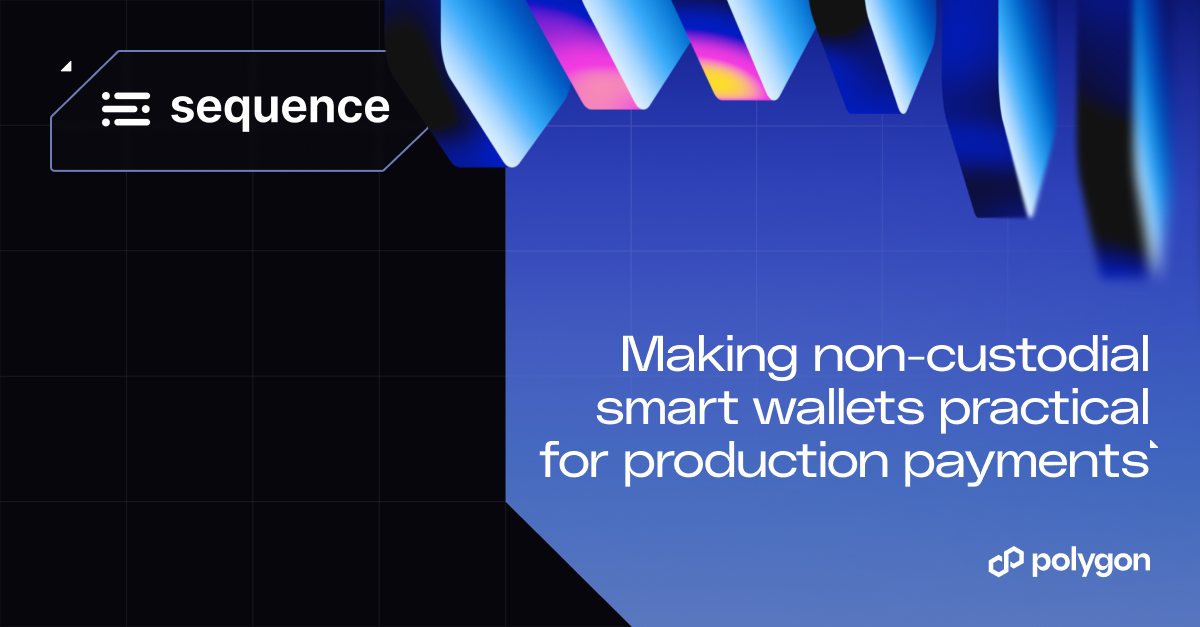


.jpg)
.jpg)
.png)

.png)

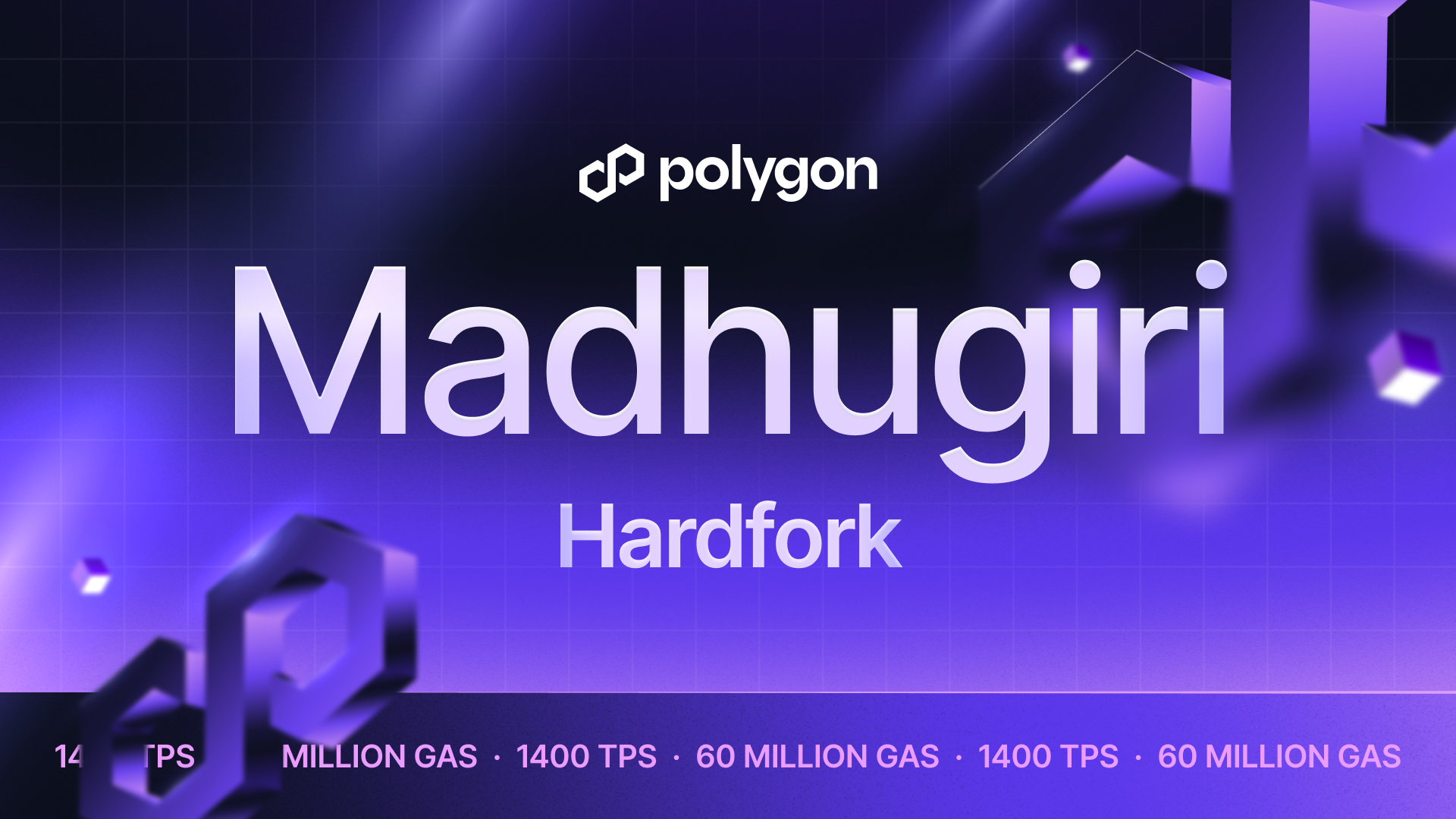
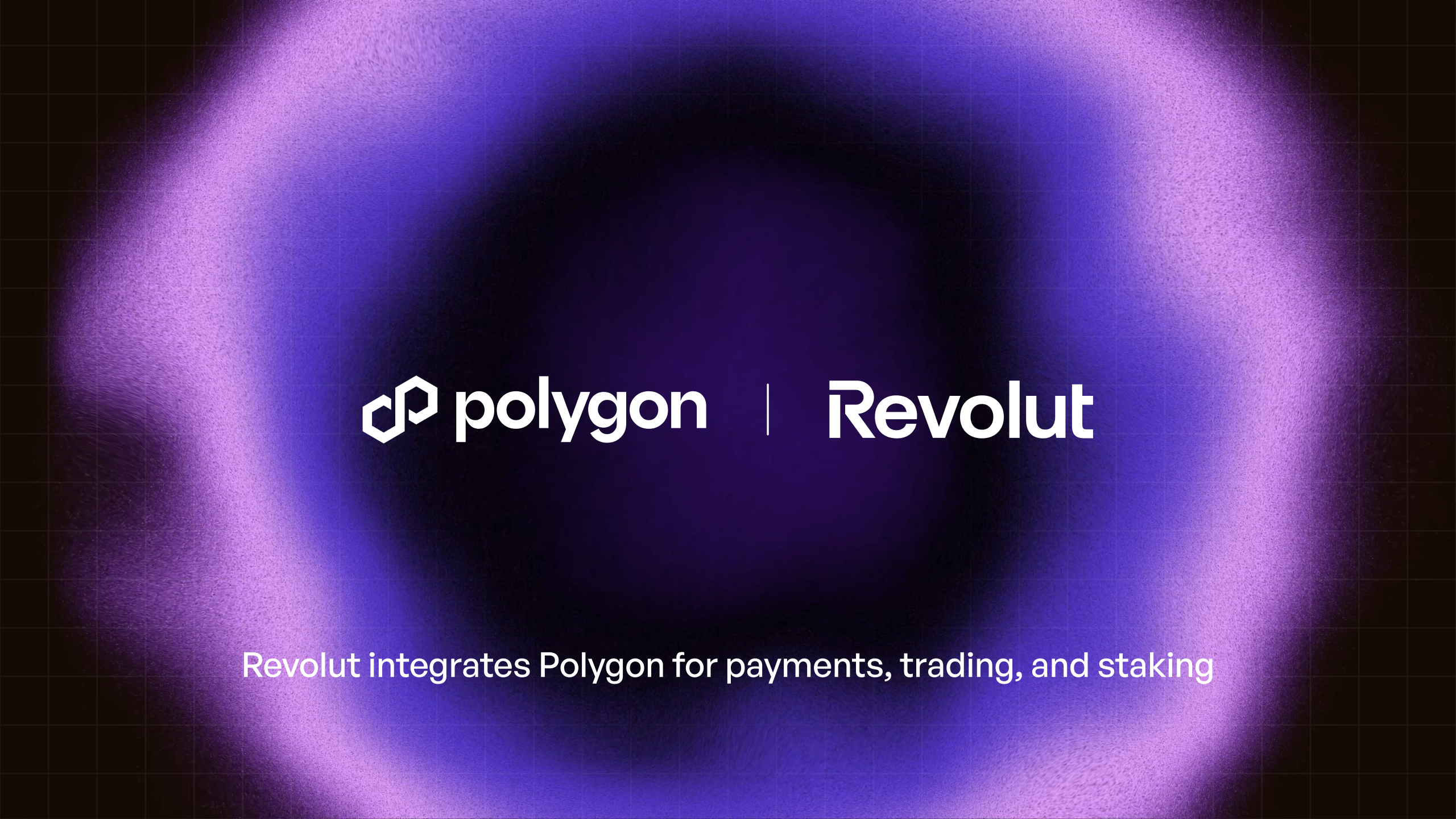
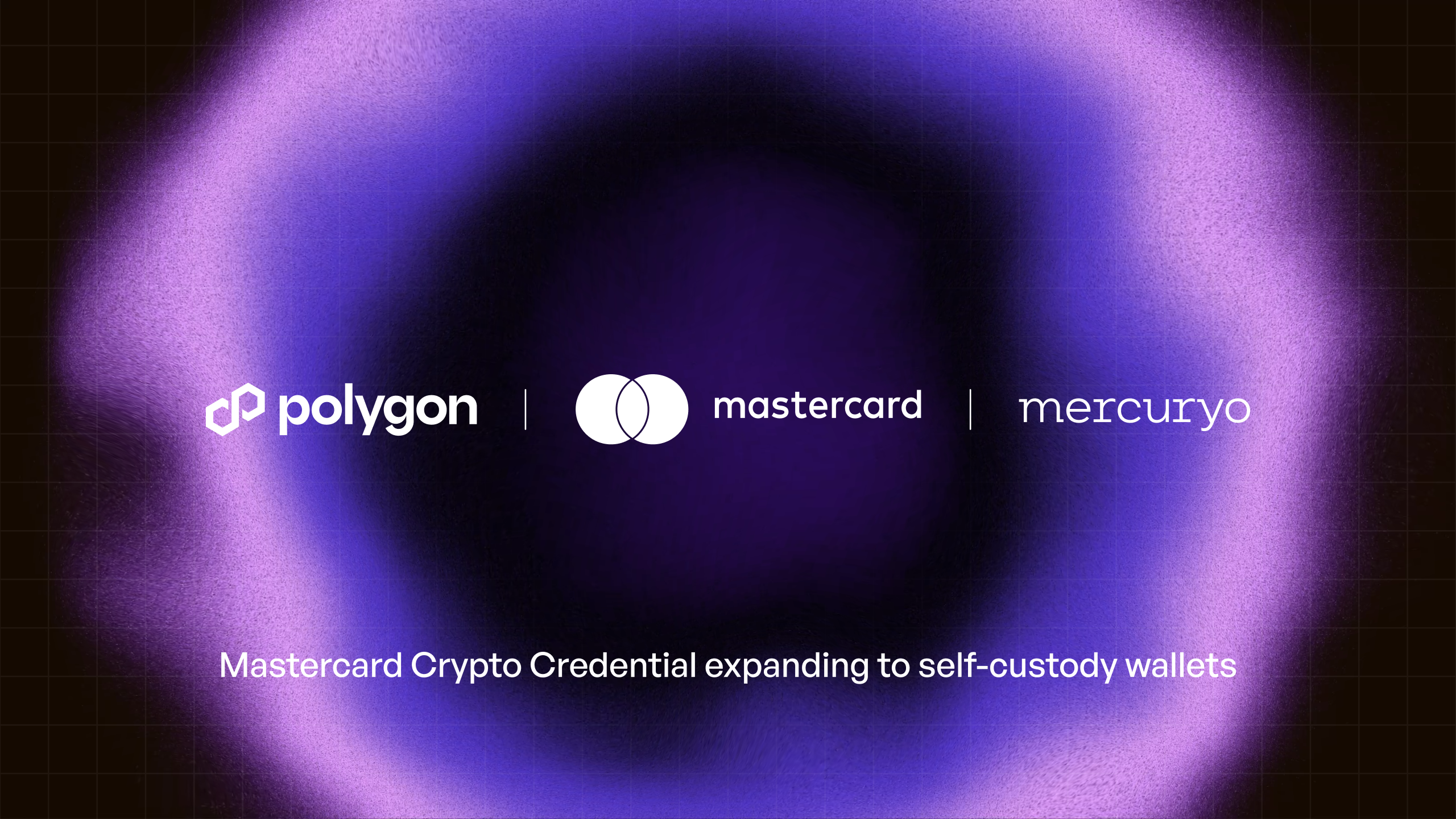
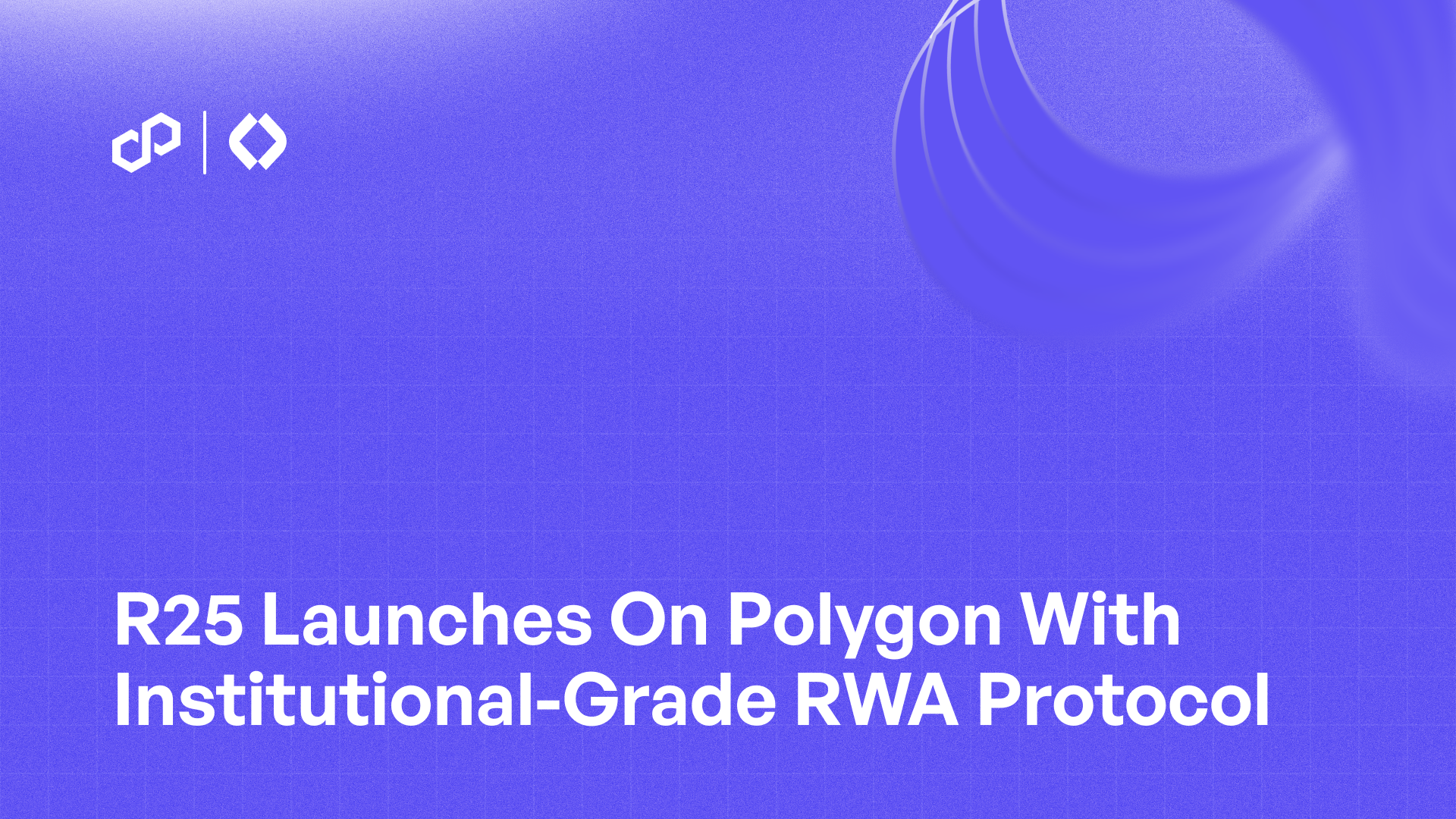
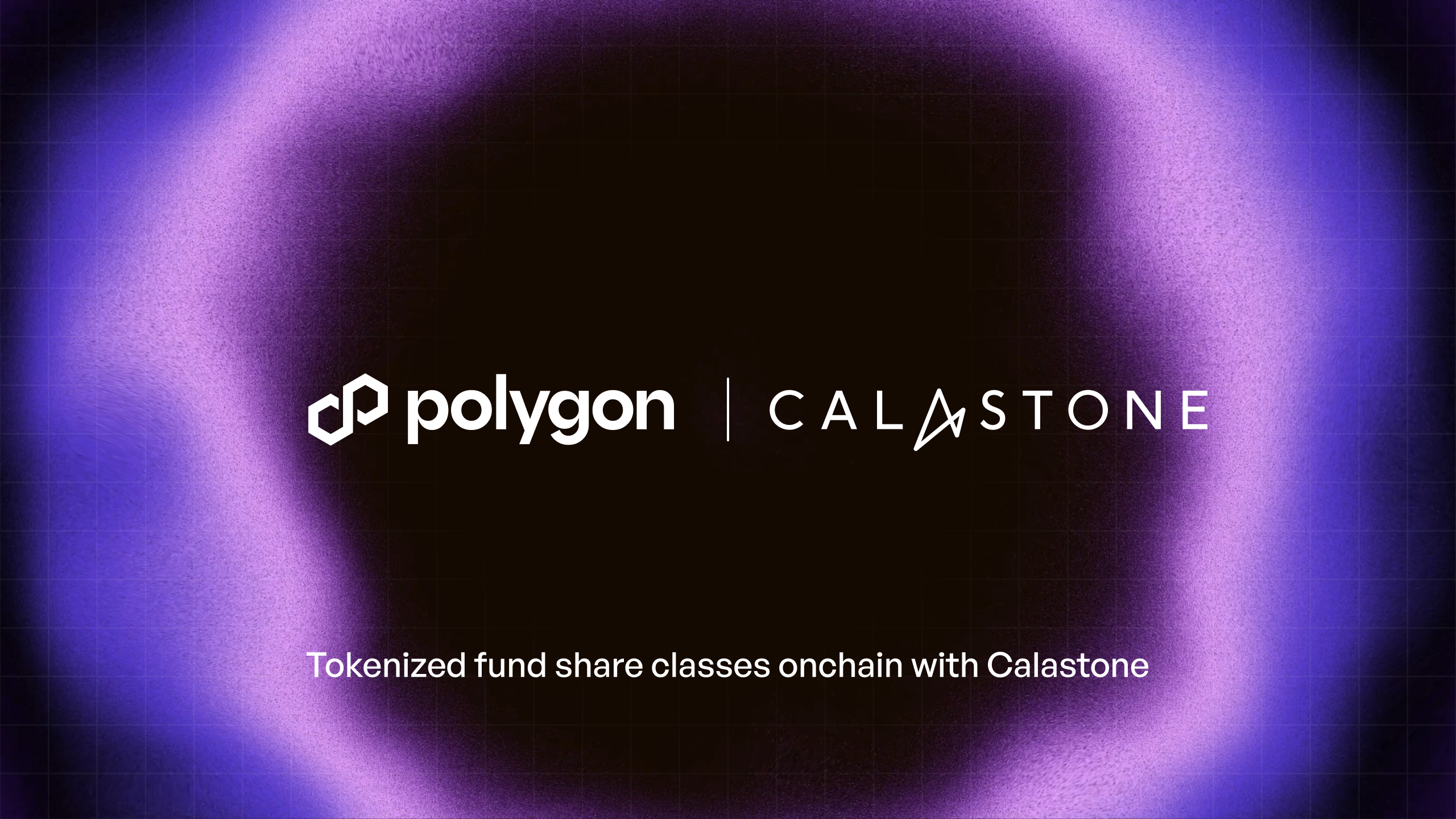
%20(1).png)